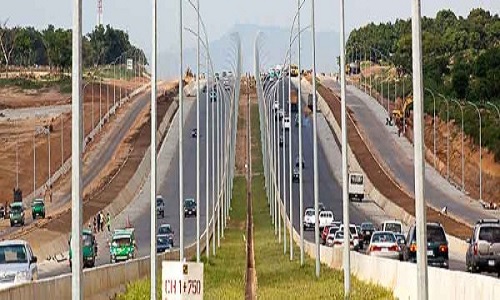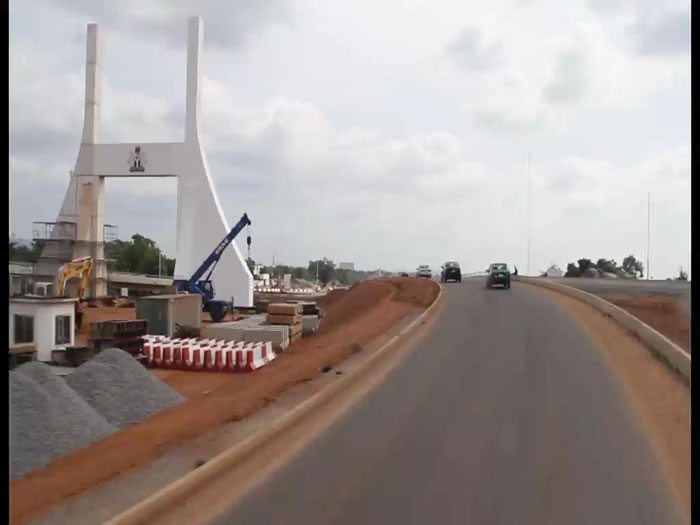The Outer Southern Expressway Road Project in Nigeria concerns the construction of a 6.3-kilometer road located in Abuja. Construction on the project began in 2014 and is yet to be completed.
In 2021, the first phase of the project was inaugurated by the then-president, Mahamadou Issoufou. The first phase of the Outer Southern Expressway begins from the Villa Roundabout at the Asokoro District of Abuja city, all the way to the Nnamdi Azikiwe Expressway known as the Ring Road One and has a total of 4 major interchanges.
Also Read: Construction of ECOWAS headquarters in Abuja, Nigeria, begins

Reported in June 2014
Construction starts on the Outer Southern Expressway Road Project in Nigeria
Nigeria has officially launched the rehabilitation and expansion of phase one of the Outer Southern Expressway (OSEX) of the Federal Capital Territory (FCT). The project will see the rehabilitation and expansion of the existing road from the Aso Rock Villa Roundabout to Ring Road One from the current two-lane road to a 10-lane road.
The road, which was constructed in the early 80s, will now have eight bridges including four pedestrian bridges as well as such other infrastructure as telecommunication ducts and street lighting.
According to Vice President Mohammed Namadi Sambo, who represented the president, the US$245m (N40 billion) 6.75km road project is aimed at alleviating the hardships faced by FCT residents and visitors.
The project will also reduce pressure on other roads and the government has asked the contractors to deliver it according to specifications as well as within the allotted time frame and financial allocations. The road is expected to be completed within a period of 36 months.
Nigeria has the largest road network in West Africa and the second largest south of the Sahara, with roughly 108,000 km of surfaced roads in 1990.
However, they are poorly maintained and are often cited as a cause for the country’s high rate of traffic fatalities. The government has begun to repair the country’s poorly maintained road network and decaying infrastructure is one of the deficiencies that Nigeria’s National Economic Empowerment Development Strategy (NEEDS) seeks to address.

Leave a Reply